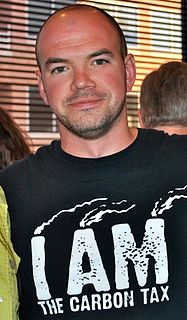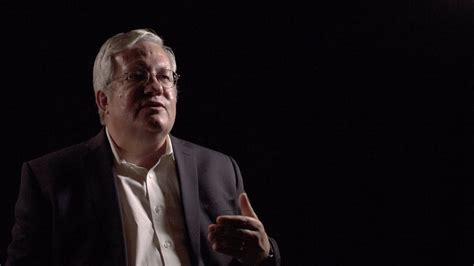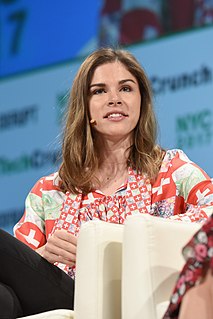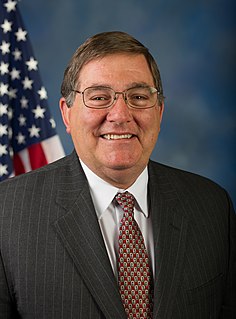A Quote by Tim DeChristopher
Excess consumption doesn't make people happy. We can continue to provide for our needs, but we can't continue the endless pursuit of ever more consumer goods. There is no energy source that can provide enough consumer goods to meet our human and emotional needs; there never has been, and that's why it's been such a fruitless pursuit.
Related Quotes
The worldwide financial and economic crisis seems to highlight their distortions and above all the gravely deficient human perspective, which reduces man to one of his needs alone, namely, consumption. Worse yet, human beings themselves are nowadays considered as consumer goods which can be used and thrown away.
Some day no one will have to work more than two days a week... The human being can consume so much and no more. When we reach the point when the world produces all the goods that it needs in two days, as it inevitably will, we must curtail our production of goods and turn our attention to the great problem of what to do with our new leisure.
It was only in the late nineteenth century and then the twentieth century, with the maturation of consumer capitalism, that a shift was made toward the cultivation of unbounded desire. We must appreciate this to realize that late modern consumption, consumption as we now know it, is not fundamentally about materialism or the consumption of physical goods. Affluence and consumer-oriented capitalism have moved us well beyond the undeniable efficiencies and benefits of refrigeration and indoor plumbing.
In the consumer culture of marriage, commitments last as long as the other person is meeting our needs. We still believe in commitment, because we know that committed relationships are good for us, but powerful voices coming from inside and outside tell us that we are suckers if we settle for less than we think we need and deserve in our marriage. Most baby boomers and their offspring carry in our heads the internalized voice of the consumer culture-to encourage us to stop working so hard or to get out of a marriage that is not meeting our current emotional needs.
The system of technological production that we have today has been justified in terms of creating more goods to feed more people and to meet more needs. But it actually destroys more of the resources that we need in order to meet those multiple needs. If we shift to an ecological perception, a diversity perception, we realize that some of the instruments of which we are very proud are actually extremely primitive for dealing with nature. To me that is the great lesson of ecological awareness at the turn of the millennium.
The essence and the glory of the free market is that individual firms and businesses, competing on the market, provide an ever-changing orchestration of efficient and progressive goods and services: continually improving products and markets, advancing technology, cutting costs, and meeting changing consumer demands as swiftly and as efficiently as possible.






































